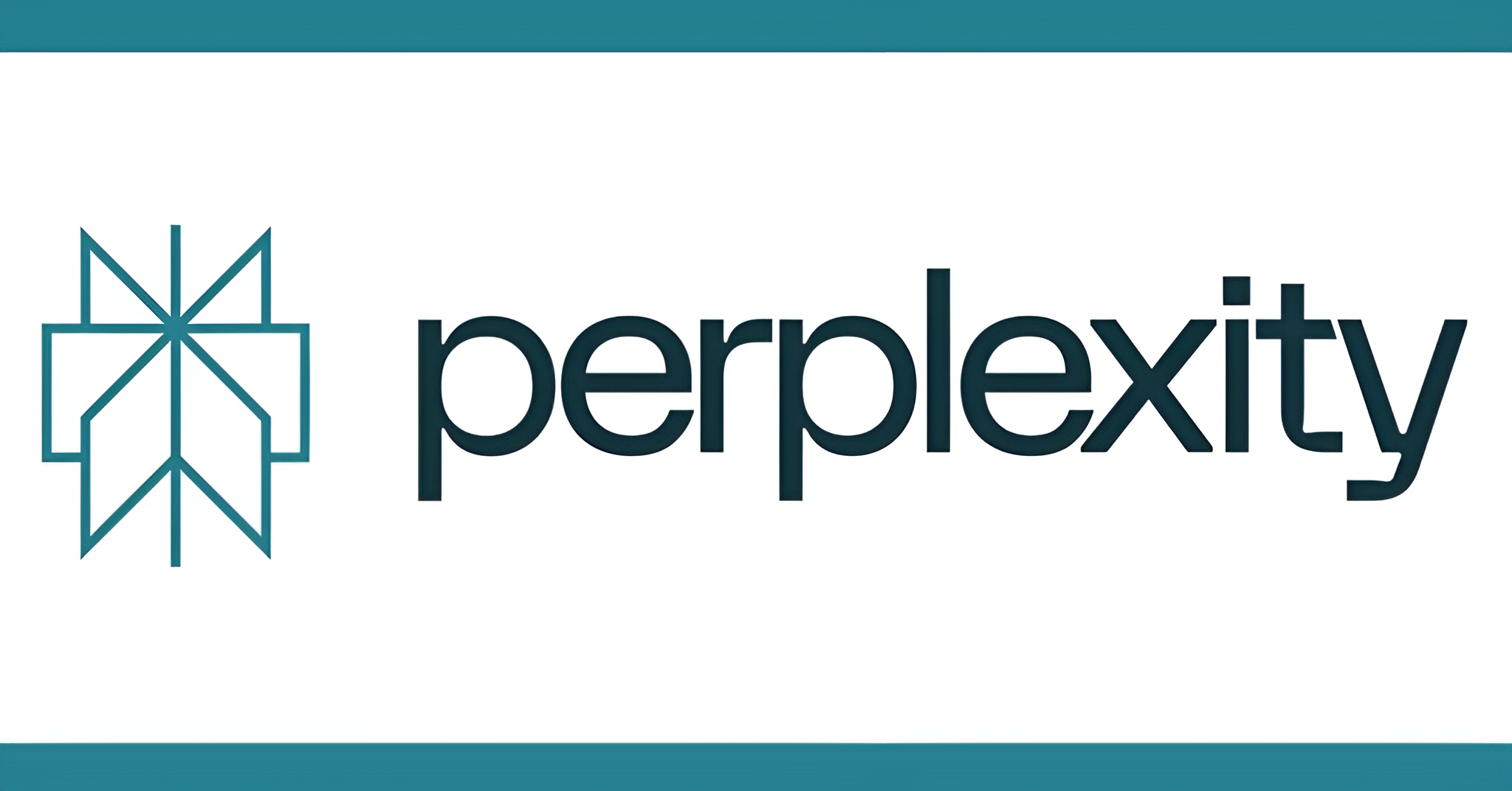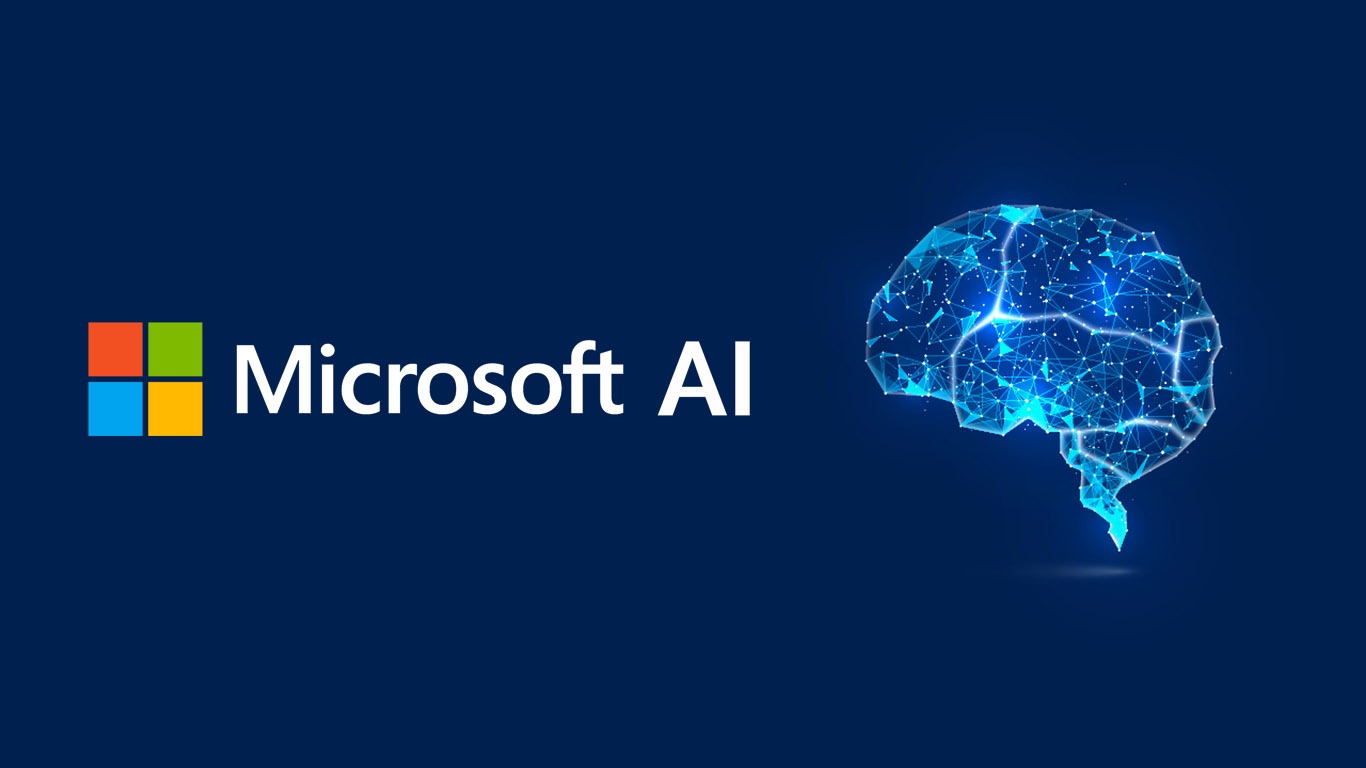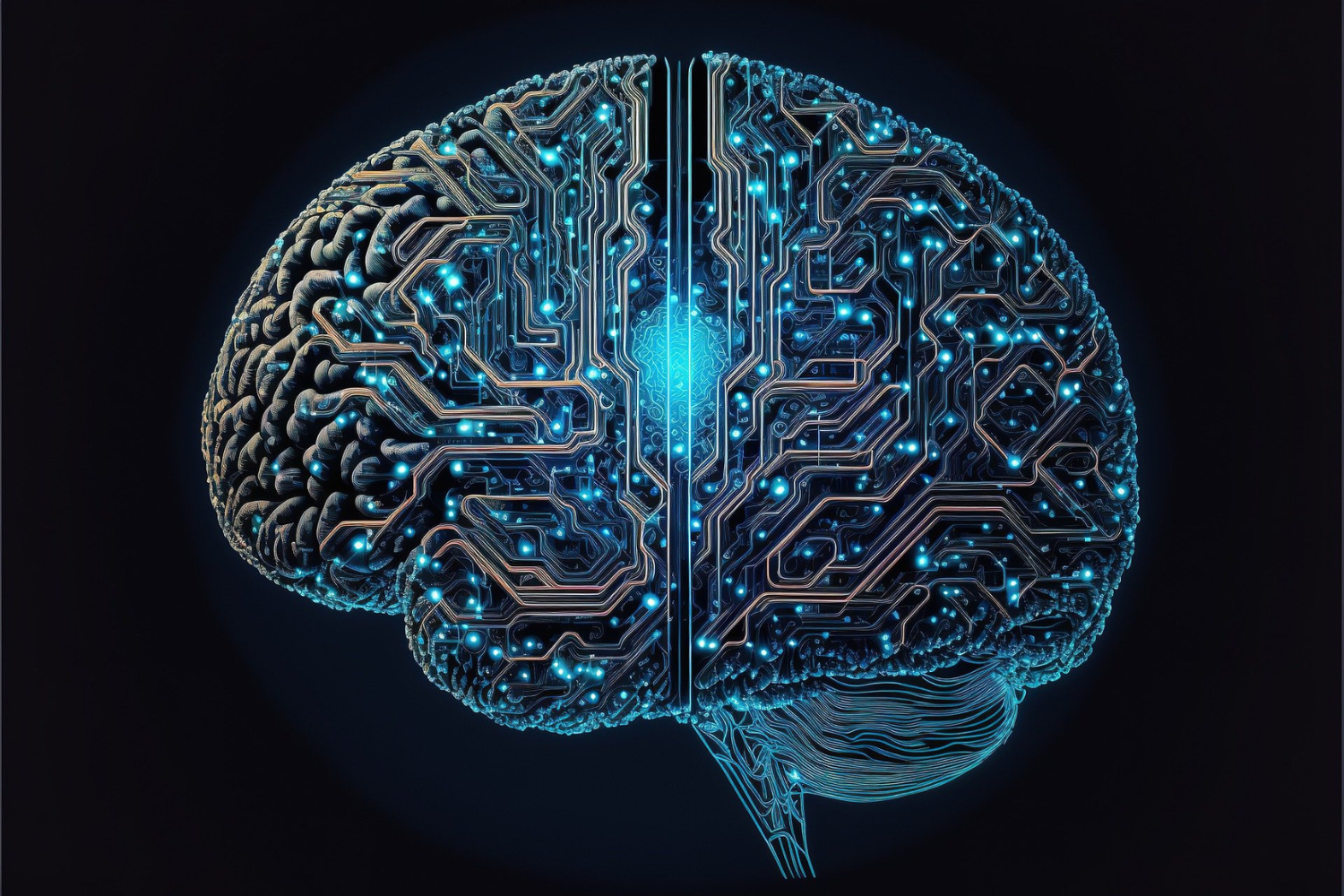Perplexity has unveiled new privacy features for its AI-powered browser, Comet, designed to give users clearer control over their data. The updates include a new homepage widget called Privacy Snapshot, which allows people to review and adjust privacy settings in one place.
The widget provides a real-time view of how Comet protects users online and simplifies settings for ad blocking, tracker management and data access. Users can toggle permissions for the Comet Assistant directly from the homepage.
Comet’s updated AI Assistant settings now show precisely how data is used, including where it is stored locally or shared for processing. Sensitive information such as passwords and payment details remain securely stored on the user’s device.
Perplexity said the changes reinforce its ‘privacy by default’ approach, an important principle in EU data protection law, combining ad blocking, safe browsing and transparent data handling. The new features are available in the latest Comet update across desktop and mobile platforms.
Would you like to learn more about AI, tech and digital diplomacy? If so, ask our Diplo chatbot!








